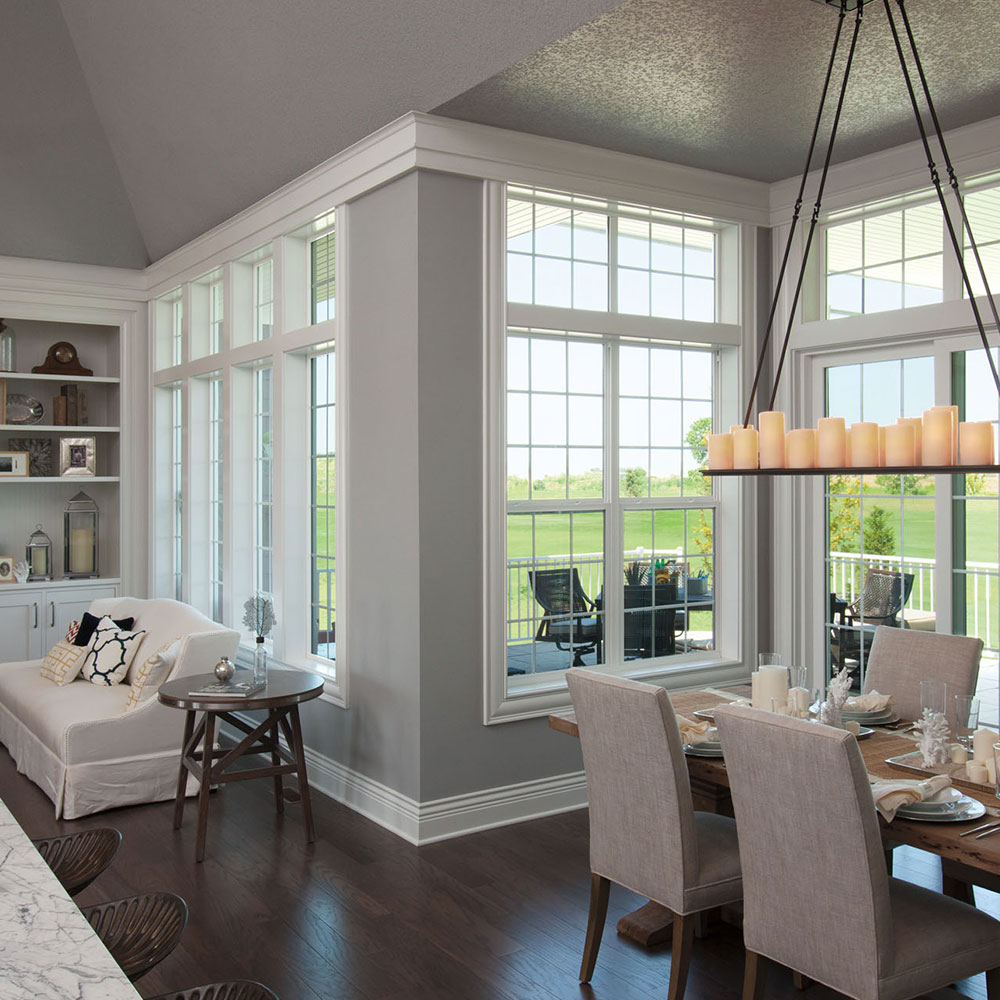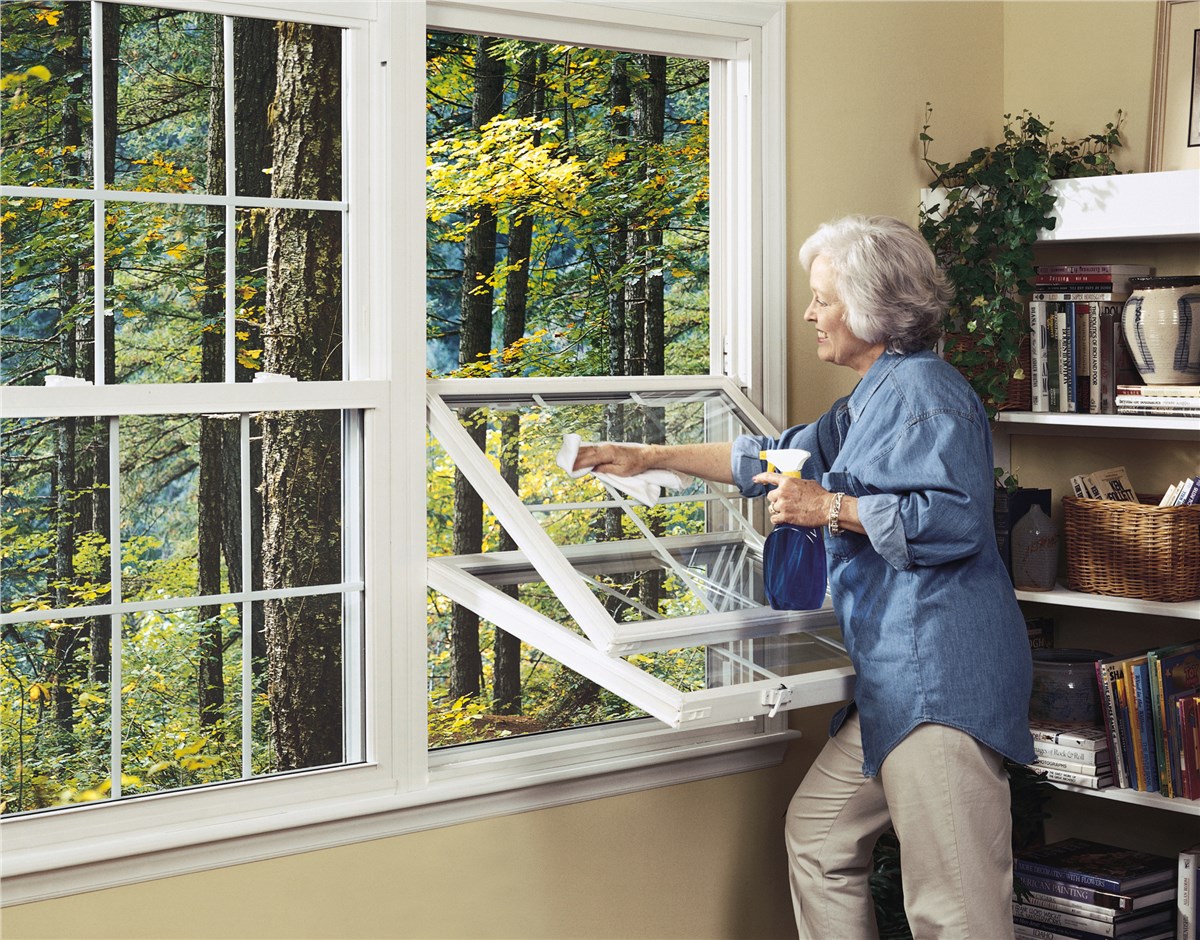Woodlands Window Replacement Solutions for Elegant Homes
Woodlands Window Replacement Solutions for Elegant Homes
Blog Article
Upgrade Your Home With Energy-Efficient Window Substitutes
In the realm of home improvement, the decision to upgrade to energy-efficient window substitutes can dramatically impact both the performance and appearances of a house. Past the surface area degree of mere looks, energy-efficient windows use a multitude of advantages that go beyond mere curb allure.
Advantages of Energy-Efficient Windows

The installment of energy-efficient home windows offers substantial financial savings on energy bills while boosting ecological sustainability. Energy-efficient windows are made to lessen heat loss and gain, lowering the requirement for heating and cooling down systems to work overtime. By effectively protecting the home, these windows aid maintain a comfy indoor temperature level year-round, leading to reduced energy intake and reduced energy expenses. In addition, energy-efficient windows can aid control dampness levels within the home, lowering the risk of mold and mildew and mildew growth.
Beyond the monetary benefits, energy-efficient windows contribute to environmental sustainability by lowering carbon emissions associated with energy production. Overall, investing in energy-efficient home windows not just boosts the convenience and effectiveness of a home yet additionally lines up with ecologically mindful practices.
Types of Energy-Efficient Glass
Various advanced kinds of energy-efficient glass deal special properties that accommodate various requirements and preferences in enhancing the sustainability and efficiency of structures. Low-emissivity (Low-E) glass is a prominent choice developed to minimize the quantity of ultraviolet and infrared light that can go through the glass, thus decreasing heat transfer. This kind of glass assists maintain a regular interior temperature, reducing the demand for heating or cooling systems, and inevitably reducing energy prices. One more cutting-edge choice is spectrally selective glass, which permits visible light to go through while obstructing certain kinds of infrared radiation. This assists in maintaining a comfy indoor setting while reducing warmth gain. Triple-pane glass, including 3 layers of glass with protecting gas between them, gives improved thermal insulation, making it very energy-efficient. Furthermore, self-cleaning glass with a special covering that breaks down and loosens dirt when revealed to sunlight can reduce upkeep needs and keep windows looking clean. Each kind of energy-efficient glass provides distinctive advantages, permitting house owners to pick the most appropriate option based on their details requirements and objectives.
Aspects to Take Into Consideration When Choosing
When considering energy-efficient window substitutes, it is essential to very carefully analyze specific elements that align with your sustainability goals and preferred power financial savings. One crucial factor to take into consideration is the window's energy performance ratings, such as the U-factor and Solar Heat Gain Coefficient (SHGC) The U-factor measures how well the window insulates, with lower numbers suggesting better insulation, while the SHGC suggests the window's ability to block heat from sunlight. Additionally, the window frame product plays a significant role in energy efficiency. Materials like fiberglass, gumtree double glazed windows plastic, or timber with thermal breaks are exceptional options for decreasing heat transfer. Another important consideration is the window style and alignment concerning sunlight exposure. Selecting the right home window style and tactically placing them can optimize natural light while decreasing warmth gain or loss. Finally, installation top quality is vital to making sure the windows perform as planned. Appropriate installation assists avoid air leak, making sure optimal power effectiveness. By carefully reviewing these aspects, you can choose energy-efficient windows that boost comfort, lower energy prices, and benefit the setting.
Installation and Upkeep Tips

Routine maintenance is essential to preserving the effectiveness of your energy-efficient windows. Inspect the home windows occasionally for any type of indications of damages, sealant, or wear degeneration. Clean the frameworks, tracks, and glass consistently making use of light soap and water to eliminate dust and crud that can impact performance. Check the weather-stripping and seals for any kind of tears or voids and change them if needed to maintain the windows' energy performance.
Furthermore, lube relocating parts such as locks and hinges to make certain smooth operation. By adhering to these installation and upkeep suggestions, you can boost the energy effectiveness of your home and prolong the life expectancy of your energy-efficient home windows.
Cost-Benefit Analysis of Upgrading

Energy-efficient windows are developed to minimize heat transfer, lowering the demand for home heating and cooling systems to work overtime. This can lead to substantial financial savings on power bills, particularly in regions with severe temperature levels. Additionally, energy-efficient windows can boost the total window crank repair worth of your home, making it much more attractive to potential customers if you make a decision to offer in the future.
When discover this info here calculating the cost-benefit analysis, consider the prospective savings on power expenses, any readily available motivations or refunds, and the lifespan of the home windows. While the preliminary cost may be greater, the lasting financial savings and benefits of energy-efficient home windows make them a wise investment for homeowners aiming to boost their residential or commercial property's energy effectiveness and value.

Verdict
Finally, upgrading to energy-efficient home window replacements supplies various benefits such as minimized energy consumption, boosted comfort, and expense financial savings. By choosing the appropriate type of energy-efficient glass and considering variables like framework material and setup, home owners can optimize the efficiency of their home windows. Normal maintenance and appropriate installment are necessary for long-term performance. On the whole, the cost-benefit analysis of upgrading to energy-efficient home windows reveals that the initial investment can cause significant savings over time.
When considering energy-efficient home window substitutes, it is necessary to meticulously assess specific factors that align with your sustainability objectives and desired power financial savings. The U-factor actions just how well the home window protects, with lower numbers indicating better insulation, while the SHGC indicates the home window's capacity to obstruct warm from sunlight. By carefully evaluating these variables, you can pick energy-efficient home windows that improve comfort, lower power expenses, and benefit the environment.
While energy-efficient home windows might have a higher upfront cost contrasted to standard windows, the long-lasting benefits frequently outweigh the first financial investment.In final thought, upgrading to energy-efficient home window substitutes provides numerous advantages such as lowered energy consumption, increased convenience, and expense savings.
Report this page